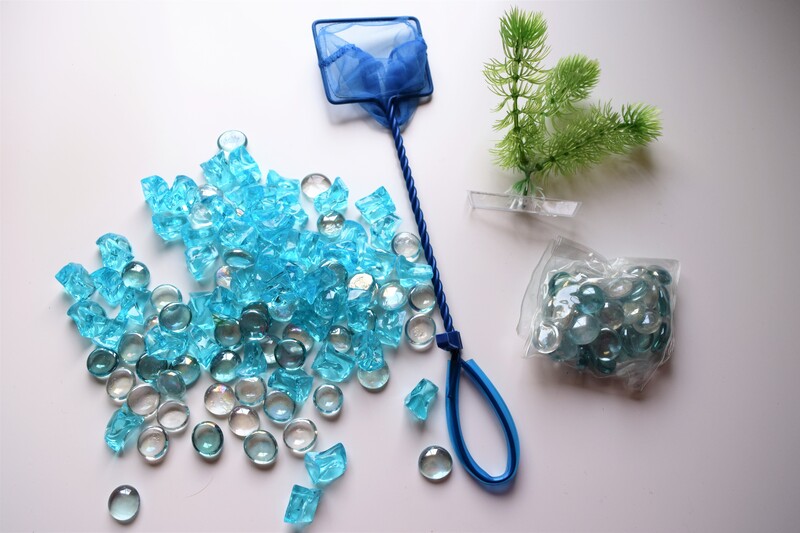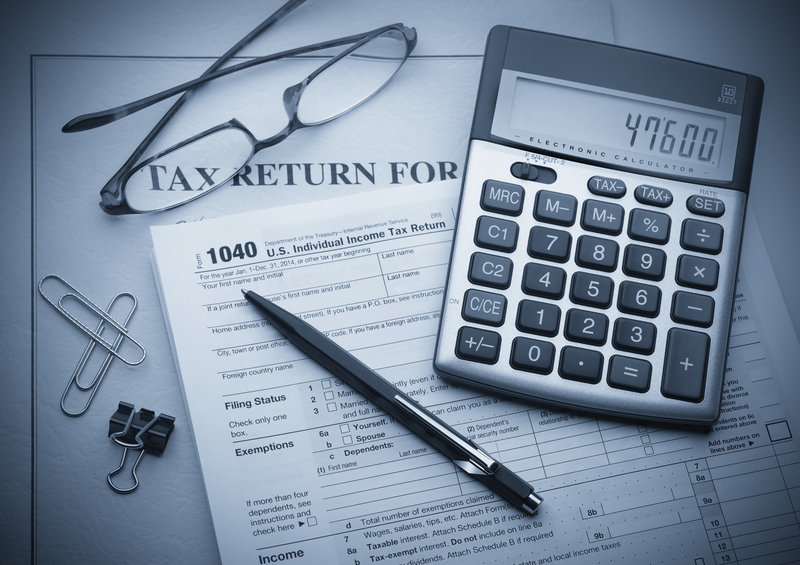Pro Tips for Protecting Your Freezer While Not in Use
Posted on 18/06/2025
Pro Tips for Protecting Your Freezer While Not in Use
Freezers represent a significant investment for most homeowners, and ensuring their longevity and efficiency is crucial--especially when they're not in regular use. Whether you're heading out on a long vacation, managing a seasonal cabin, or simply have a secondary appliance, protecting your freezer during periods of inactivity is key to preventing unwanted odors, mold growth, and mechanical problems. In this comprehensive article, we'll walk you through proven methods for maintaining your freezer while out of use, ensuring it remains in prime condition for the next time you need it.
Why It's Vital to Protect Your Freezer While Not in Use
Many believe that simply unplugging a freezer or leaving it alone is enough during long absences. However, neglecting proper freezer care can result in several issues:
- Foul odors due to moisture and residual food particles.
- Mold and mildew growth caused by humidity and lack of air circulation.
- Mechanical problems stemming from lingering moisture and pests.
- Pest infestations if the freezer is not properly sealed or cleaned.
- Higher energy consumption when restarting an improperly maintained freezer.
Proactively protecting your freezer can prevent costly repairs, replacement, and food spoilage, ensuring optimal function and food safety.

Step-by-Step Guide: How to Protect Your Freezer When Not in Use
1. Deep Clean Your Freezer
Cleaning your freezer thoroughly before leaving it unused is the single most important step in the process. Any spills, crumbs, or food particles left behind can rot and lead to unpleasant smells or even become a breeding ground for bacteria and mold.
- Unplug the freezer and allow it to defrost completely.
- Remove all items, disposing of expired or spoiled food.
- Use a solution of baking soda and warm water to scrub all walls, shelves, and bins. Avoid harsh chemicals that may penetrate freezer surfaces.
- Detachable components (trays, shelves) should be washed separately, dried, and stored outside the freezer or replaced after drying.
Allow the interior to air dry completely--moisture is the main enemy during long-term storage.
2. Prevent Mold and Mildew
Mold thrives in dark, damp environments, making an unused freezer the perfect candidate for contamination if not properly dried and aired out. To prevent mold and mildew:
- Add an open box of baking soda or an odor absorber inside before closing.
- Prop the door open slightly using a towel or a freezer-specific prop to ensure air continues to circulate.
- Periodically check on the freezer (if possible), especially in humid climates.
- Consider using moisture absorbers like silica gel packs or activated charcoal bags.
Note: Locking the door shut, or fully closing it, can trap residual moisture, increasing the risk of mold and bad smells.
3. Disconnect and Prepare the Power Supply
Whether your freezer is in the garage, basement, or a vacation home, unplug the appliance if it won't be used for an extended period. This saves energy, prevents unexpected power surges, and reduces the risk of electrical fires.
- Unplug the freezer and coil the cord neatly on top or behind the unit to prevent tripping hazards.
- Label the plug with a note indicating the date it was unplugged, especially in shared spaces.
If you're in an area known for rodents or pests, consider taping a plastic cover over the outlet and plug to prevent damage.
4. Secure the Freezer Door
Leaving the freezer door slightly open is critical to preventing musty odors and mold. Most modern freezers come with a door stop or an option to prop it open. If not, you can:
- Place a rolled towel or a small block in the doorway.
- Use specialized freezer door props designed for this purpose.
- Secure the door with a bungee cord to prevent accidental closure.
Ensure pets and children cannot access the open freezer door for safety reasons.
5. Keep the Freezer Dry
Moisture control is paramount to avoid rust, odor, and bacterial growth. Before leaving the freezer unused:
- Wipe all surfaces dry after cleaning and defrosting.
- Check periodically for signs of condensation or leaks, especially in basements or humid regions.
- Raise the front of the freezer slightly using the leveling legs to encourage any residual water to drain away from the door seals.
6. Protect Exterior Surfaces
The outside of your freezer needs attention, too. For best results:
- Dust and clean the external surfaces with a mild detergent.
- Check and clean the condenser coils (usually found at the back or underneath).
- Inspect the rubber gasket around the door for cracks, mold, or signs of wear; replace as needed to maintain a tight seal during future operation.
This level of diligence delays rust and ensures your freezer remains ready for use at any time.
Bonus Tips for Long-Term Freezer Protection
Seasonal Home? Try These Specialized Tips
- Move the freezer away from direct sunlight to prevent heat damage.
- If possible, store the appliance in a climate-controlled space for added protection.
- For outdoor or garage freezers, consider a weatherproof cover (leave ventilation space!).
Protecting Your Freezer During Power Outages
If you expect the freezer to be unused because of seasonal outages or unreliable electricity, take extra care:
- Keep doors tightly shut during outages if food is stored; if not, clean and prop doors open immediately after removing food.
- Invest in a surge protector for future use to guard against voltage fluctuations.
Rodent and Pest Deterrence
Unused appliances can become havens for pests. To safeguard your freezer:
- Seal all holes and gaps where cords or pipes enter.
- Use steel wool or caulking as needed around possible entry points.
- Don't store food nearby.
- Lay non-toxic rodent deterrent sachets or traps in the surrounding area as a precaution.
What Not to Do When Storing Your Freezer
Even experienced homeowners might make mistakes when storing appliances. Avoid these critical errors:
- Don't leave water or ice inside. Residual moisture creates mold, even with the power off.
- Avoid sealing the door shut. Without airflow, even a small amount of moisture will cause odors.
- Don't wrap the freezer too tightly. Airflow is critical for preventing rust and mold.
- Never store chemicals nearby--freezer plastics can absorb smells or degrade faster.
Restarting Your Freezer After Storage
When it's time to use your freezer again, prepare it for optimal safe operation:
- Remove all odor absorbers and double-check that the interior is spotless and dry.
- Plug the appliance in, inspecting the power cord and outlet for damage.
- Let the freezer run empty for a few hours before placing food inside.
- Monitor for any odd smells or noises and check that the seal is still working as designed.
If you notice any issues, consult a professional before loading food. This can help avoid food spoilage or damage to your appliance in the long run.

FAQs: Protecting Your Freezer During Idle Periods
1. Is it okay to leave a freezer unplugged for months?
Yes, it's safe to leave a freezer unplugged as long as it's properly cleaned and dried with the door propped open to prevent odor and mold buildup.
2. Should I cover my freezer when not in use?
Covers can protect against dust, but ensure that any cover is loose enough to allow for airflow and never traps moisture inside the appliance.
3. Will my freezer smell after months of non-use?
If properly cleaned and aired out, your freezer should stay fresh. Odor absorbers like baking soda help neutralize any residual smells.
4. Can unplugging harm the freezer's electronics?
No, unplugging the freezer poses no risk to its electronics. In fact, it protects the freezer from potential power surges or electrical faults during long absences.
5. What if my freezer doesn't have a prop or door stop?
You can use a towel, block of wood, or even specialty freezer props available at hardware stores to keep the door ajar.
Conclusion: Long-Term Freezer Care Pays Off
Properly protecting your freezer while not in use isn't just a matter of convenience--it's crucial to maximizing the lifespan of your appliance and guaranteeing food safety down the road. By following these simple, professional tips, you'll safeguard your freezer from odor, mold, pest infestations, and unnecessary wear.
Remember: Clean thoroughly, keep dry, air out, and check periodically. With a little attention before and after use, your freezer will serve you efficiently for many years to come. For more expert home appliance advice, browse our related articles and stay proactive with your household investments!
Latest Posts
Effective House Cleaning Techniques for Moving Out
Pro Tips for Protecting Your Freezer While Not in Use
The Ultimate Plan for Successfully Moving Your Bed and Mattress









